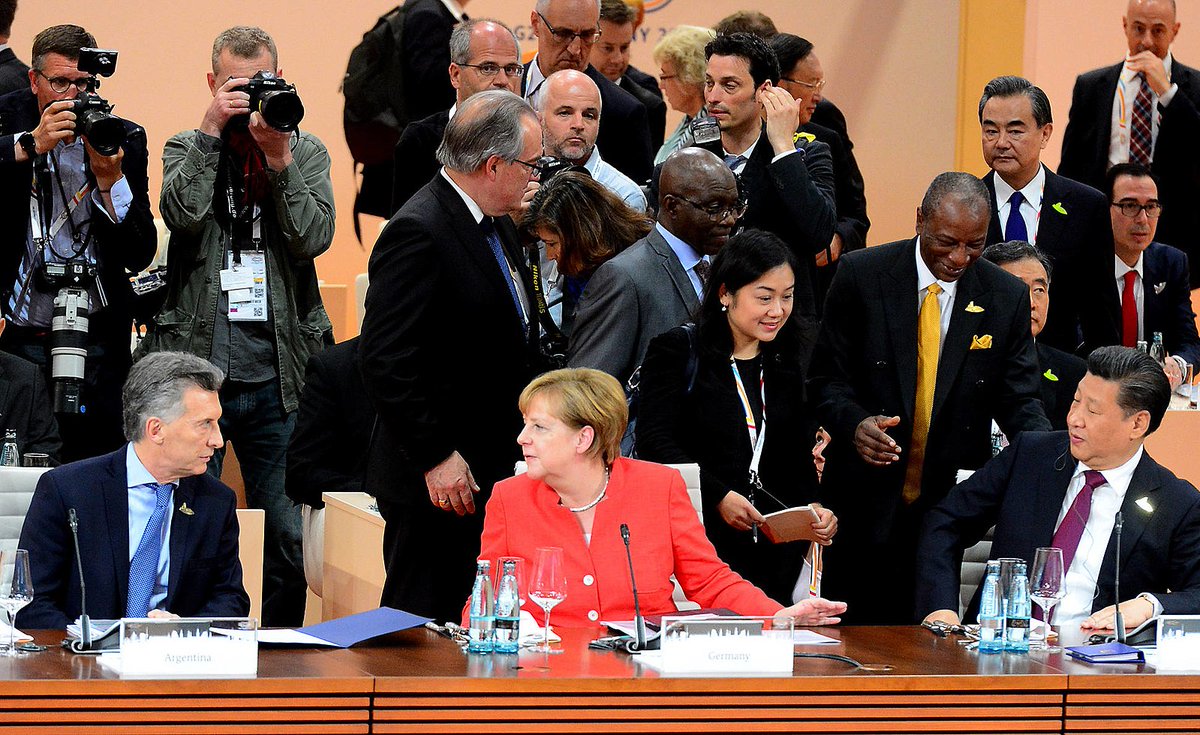
"Ericsson’s relationship with China spans more than 125 years. Few other global companies—or nations—have equally long relations with China"
Going native could be part of the problem, as MNCs can become entangled in the Chinese political bureaucracy /1
naringslivshistoria.se/en/cfn-nyheter…
Going native could be part of the problem, as MNCs can become entangled in the Chinese political bureaucracy /1
naringslivshistoria.se/en/cfn-nyheter…
@METhorley and I looked at MNC-host government relations through the prism of the GlaxoSmithKline (GSK) corruption scandal in our co-authored article for the Journal of Current Chinese Affairs (JCCA) /2 journals.sagepub.com/doi/full/10.11…
We found that normative bargaining leverage (the use of standards and norms, considered legitimate by both sides, to gain advantage or protect one’s position) in the PR China is illusory and that the Chinese party-state possesses far greater negative bargaining leverage ... /3
... (leverage based upon the capacity to make the other side worse off) than typically assumed. This does not bode well now that the European Commission is effectively devolving the responsibility for environmental and labour standards to European MNCs in the context of #CAI /End
• • •
Missing some Tweet in this thread? You can try to
force a refresh




